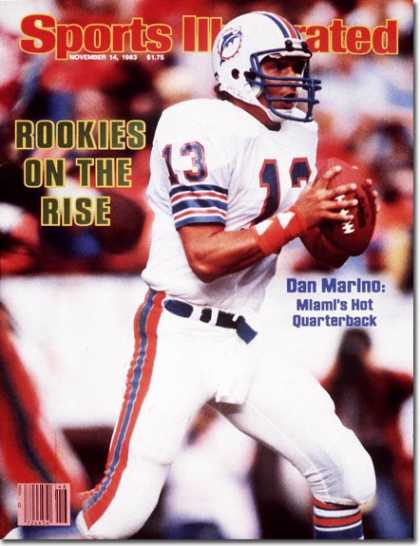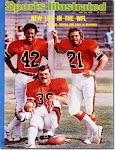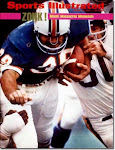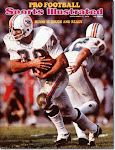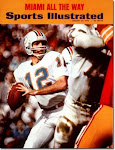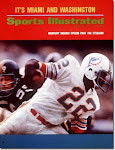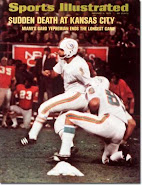
Hoosier Bryan Payton's comments in college football blog of The New York Times, The Quad.
_________________________________________________________
_________________________________________________________
The New York Times
A Hoosier Reflects
By Bryan Payton
November 22, 2007
It has been quite a year for the Indiana football team. In June, Hoosiers Coach Terry Hoeppner died after an 18-month fight with brain tumors. Earlier this month, the Hoosiers (7-5), now coached by Hoeppner’s former assistant Bill Lynch, became bowl eligible for the first time since 1994 with a victory over Ball State.
Indiana running back Bryan Payton has written for The Quad before, reflecting on the impact Hoeppner had on his players and the legacy he left.
Today, Payton takes a look at the Hoosiers’ season, from early practices in 100-degree heat to Austin Starr’s winning kick in last Saturday’s 27-24 victory over Purdue in the annual Bucket Game. This Thanksgiving Day essay is offered instead of The Quad’s usual morning links.
By Bryan Payton
Being bowl eligible is an amazing accomplishment for this football team. After everything that we’ve been through it would have been easy to lose games and make excuses about how emotionally exhausted or distracted we were. The thing is, we knew that’s not what Coach Hep would have done. That’s not what he would want. Hep was the ultimate role model in showing us how to handle adversity. That is part of what defines us as people. Becoming bowl eligible is dedicated to him. We’re finishing what he started; we’re going to play 13!
The regular season has gone by so fast. It seems like just yesterday we working through team drills in 100-degree heat. One of the things my teammate and friend Terrance Turner said after the win against Purdue was, “Camp was hot!” I laughed, but what he said has stuck in my mind.
When things get hard it’s good to remember how hot camp was or how we felt after our eighth gasser, or how cold and dark it was when we awoke at 5:30 a.m. for winter conditioning.
All of that was intended to make us successful, and to help us ultimately earn a trip to and win a bowl game.
In a regular season of big plays, record-breaking feats and clutch performances, I’ve had the most fun I’ve ever had playing football. I think most of my teammates would tell you the same thing.
My favorite play of the season was, of course, Austin Starr’s game-winning kick in the Bucket Game. But a close second was Kellen Lewis’s “pass to himself” and flip into the end zone against Iowa. Priceless.
From opening night against Indiana State to the amazing sellout against Purdue, there was no doubt in our minds that we would achieve our goal of “Playing 13.” I may never experience a moment like what went down against Purdue. The atmosphere was amazing, “The Rock” was packed and the weather was perfect. We were more ready than ever before because the stakes were high, but not as high as our confidence level.
I guess it was fitting for the game to come down to a game-winning kick. The crowd rushed the field and we were so happy that many of us simply cried. The scene in the locker room was one of jubilation. We couldn’t contain ourselves from dancing, singing, crying, hugging each other and praying. There were so many people in the locker room. Everyone wanted to be a part of the celebration, and I don’t blame them. It had been a long time coming.
Fittingly, Jane Hoeppner was the person who placed the block “I” on the Bucket. It was a Kodak moment. She deserved to be involved in our celebration. She is our heart. She is everything that Coach Hep embodied. The win was dedicated to her and her family.
I will never forget that game for as long as I live. I will never forget all of those who played a part in this season, whether the person is a player or not. Saturday, Nov. 17, was the day we accomplished the goal Coach Hep set for us. We now wait to figure out where we are going and heck, we might as well win the bowl game!
It’s all for you, Coach Hep. We love you and miss you. You’re in our hearts forever.
_______________________________________________________________
Earlier this summer I saw an interesting story in the Indianpolis Business Journal about the proposed commuter train feasibility study, which would, theoretically, connect large parts of the Hoosier State in a logical way that, frankly, should've been done years and years ago.
Like before I ever even got there in '79, considering how many medium-sized Hoosier cities seem to be just a couple of hours from one another.
If such a train had existed back then, it might've made me a little bit more eager to travel on weekends to parts of the state I never visited, especially in the NW towards Fort Wayne.
It certainly would've been fun to have been able to visit places with friends for a long weekend if I could just catch a train back when I felt like leaving, and not been dependent on a friend's driving ability after a very long weekend home, with us leaving late Sunday afternoon.
It'd be an understatement to say that it'd have been a huge boon for college students all over the state of Indiana on sporting weekends in the Fall and Winter, to catch ballgames.
Certainly would've made the prospect of going up to South Bend or West Lafayette much more appealing!
In that same issue as the discussion of a commuter train within the state was another nice piece in the IBJ on IU head football coach Bill Lynch, which I commend to you now, just a little more than 72 hours before IU plays Oklahoma State in Tempe at its first Bowl game in a VERY long time.
In retrospect, it speaks well to the wisdom of IU's having named him head coach after the passing of Terry Hoeppner. http://www.ibj.com/html/detail_page.asp?content=03930
Titled "Lynch isn’t Hep," but he’s a coach you can root for, it's written by Bill Benner, who's now with the Indy Convention & Visitors Association and a former sports columnist for The Indianapolis Star.
The telling comment, which really got me, was this one:
"I called Lynch on the telephone to do the predictable column about dealing with adversity and losing. He couldn’t have been more cooperative or open. His tone was one of determination, not self-pity. He blamed no person or circumstance. It was on him. It says something about a man who, in victory, deflects the credit but, in failure, accepts all responsibility. Most of all, in the thrill of a high or in the depths of a low, Bill Lynch was one and the same..."


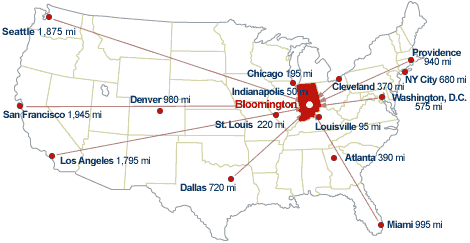
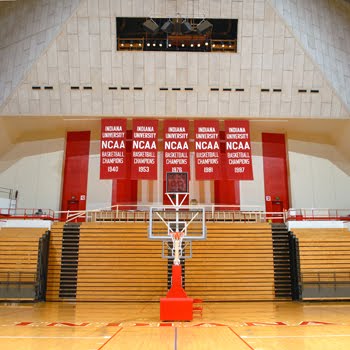


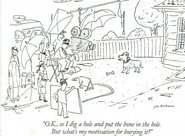





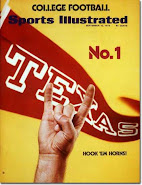
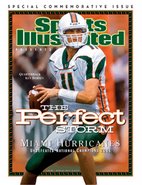
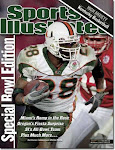
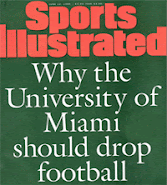
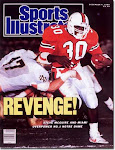
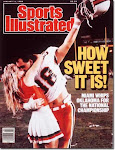
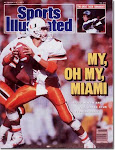

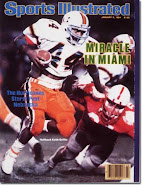
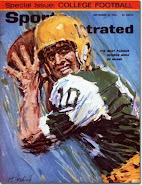
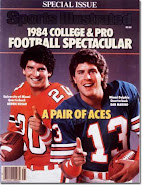


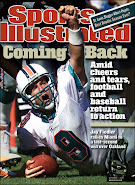
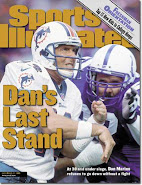
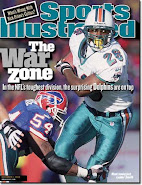
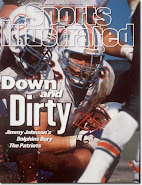

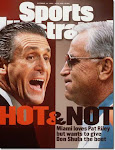

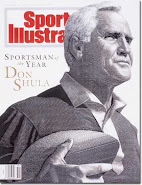
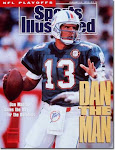
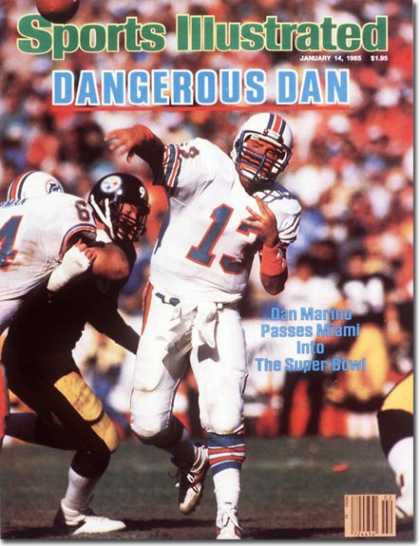

+Sep+10,+1984.jpg)
